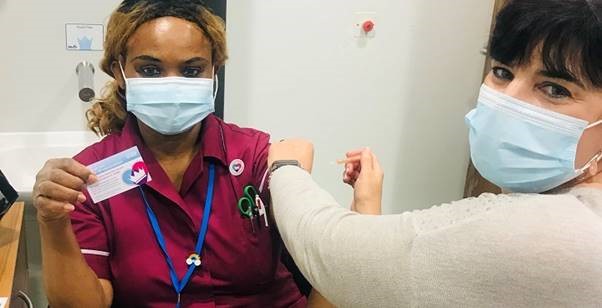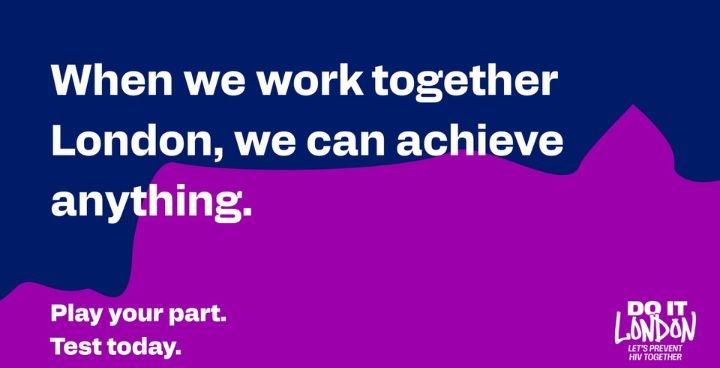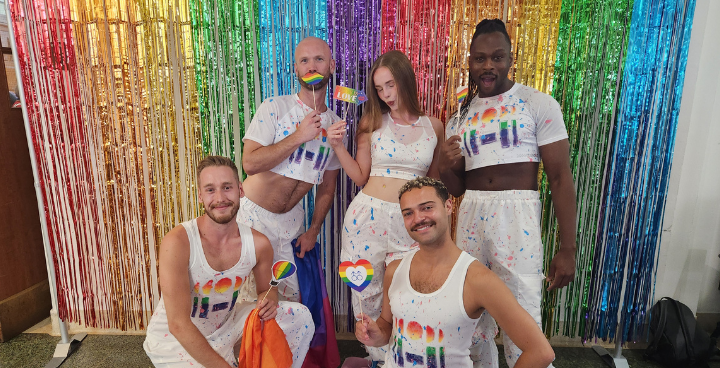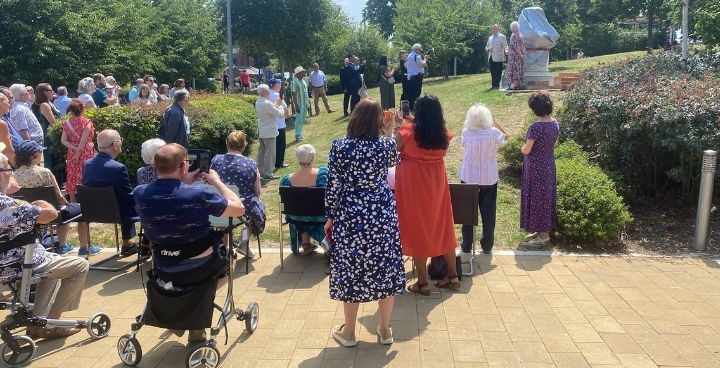
Residents who want their own questions answered can use the borough’s single source Q&A about getting vaccinated:
selondonccg.nhs.uk/covid-19-vaccine
Covid-19 Vaccination
Cllr George said: “I had the vaccination because I’m an NHS frontliner. I am a specialist recovery and anaesthetics nurse. I worked in Intensive Care Unit at the beginning of the pandemic last year, and I experienced first-hand the effect of Covid-19 on my patients. I see my job as a calling. I want to protect my patients. My own health also makes me vulnerable.”
Research the facts
“I was originally offered the vaccination in early January, but I wanted more time to research on it. I was sceptical, so I wanted to find out more, especially because I’m someone people place their trust in because of my job and I health educate the public on live radio programmes.
“I was able to speak one-to-one to healthcare professionals, GPs and I did extensive literature research on the effect and efficacy of Oxford AstraZeneca and Pfizer Coronavirus vaccine instead of listening to all kinds of misinformation online from anti-vaccine people. Now I want to be able to pass on the message that I believe both kinds of vaccines are safe.”
Impact on the community
“Apart from regular thorough handwashing for at least 20 seconds, social distancing and wearing face marks, one of the best ways to beat this virus is by getting vaccinated. I believe vaccines cannot discriminate on ethnic grounds. There are other factors in the disproportionate impact of Covid-19 on the Black and minority ethnic communities.
“I know that some people from the African community worry that the safety testing can’t possibly have been done properly just one year after we first heard of Covid-19. Normally it takes 10 years of testing to sign off a vaccine as safe and effective.
“Some people are distrustful of pharmaceutical companies and feared that having the vaccine so soon would just make them guinea pigs for unproven medicines in the way that has happened before in Nigeria and other African countries.
“I believe this vaccine is safe and it’s good to be vaccinated. If people have questions, please speak to talk to your GP or healthcare professional – they can often very quickly answer any questions and reassure you.
“Talk to your MP, talk to your councillors and community leaders as they can help you get the best and most reliable information to address your concerns.”
Reactions
“They were very quick and efficient at the vaccination centre and I wasn’t kept waiting long. I felt the needle go in and that’s it. I’d booked the weekend off work and had paracetamol standing by, but I didn’t need them.
“I know some people have reactions like headaches and painful arms at the site of the injection and a bit of high temperature and some choose to think that proves the vaccination can infect you, but I view that as the body system starting to build up antibodies.”
Proof in the picture
“I put out a message on Twitter with a selfie of me getting the vaccine in my arm and saying, ‘Do what I did: I did my research, I put myself on the line’. I inspired members of my family who are clinically vulnerable to immediately book their own vaccination appointment.”



